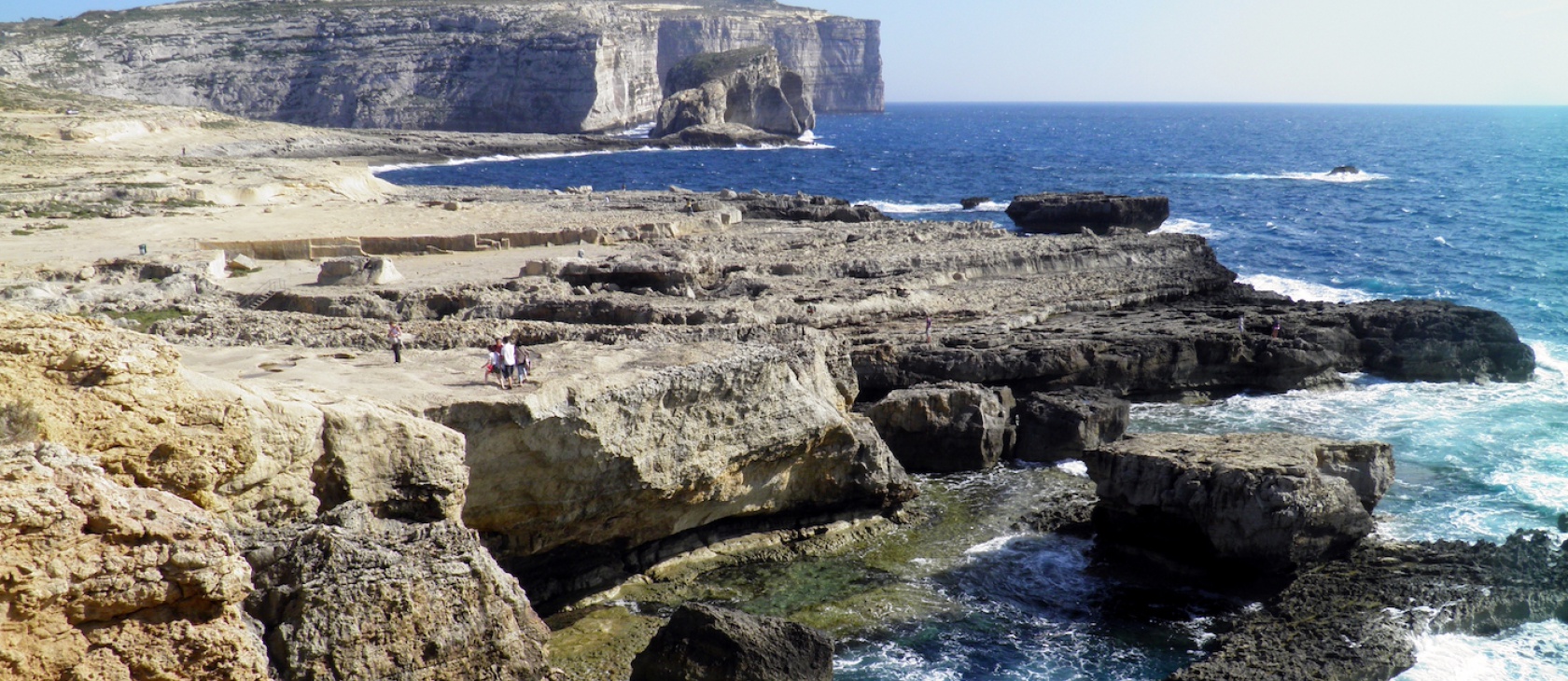This Friday, April 5, George Vella is due to become the tenth president of the Republic of Malta (Repubblika Ta’Malta). Vella, who was nominated by Labour Prime Minister Joseph Muscat, will succeed President Marie Louise Coleiro Preca and continue her efforts to oversee potentially dramatic amendments to the Maltese constitution. The 76-year-old is also likely to support the left-leaning policies of the prime minister, which include introducing female quotas for Members of Parliament. The Labour Party belongs to the Party of European Socialists and will contest both local and European elections as such this May.
Is democratic socialism on the horizon for Sicily’s southern neighbor?
Socialism as the Labour tradition defines it
In order to begin to frame an answer to this question, some approximate definition must first be established. Political formations within the German, French, Spanish, and British Labour traditions have long described themselves as socialist, and during the most recent American elections an implausible array of Democratic politicians have “virtue signaled” their allegiance to socialism, without supplying (or being asked to supply) a working definition. Amid their widespread imprecision, evasion, and false consciousness, the educated public is left to its own devices.
Within the entirety of English language socialism of the twentieth century, the Arguments for Socialism (1979) of British Labour MP Tony Benn - the most far-left politician to ever ascend to Cabinet rank in either the UK or the U.S. - emerges as one of the most systematic and forceful expositions of that school, broadly defined. For Benn, socialist freedom, equality, and solidarity are derived from the Bible, from dissenting Protestantism, and from Marxist proletarian liberation. However, its distinctive constitutional assertion was embodied in the fourth clause of the 1918 Labour Party Constitution, which dedicated the party “to secure for the workers by hand or by brain the full fruits of their industry and the most equitable distribution thereof that may be possible upon the basis of the common ownership of the means of production, distribution, and exchange” (40). Benn adds that in effect, this clause has concentrated the attention of democratic socialism “on the great monopolies of financial, economic and industrial power which have grown out of the theoretical operation of a free market economy” (42).
In other words, socialism substitutes the nationalization of industry for the Communist abolition of property. Nationalization of the commanding heights of an economy is the distinctive socialist doctrine. Without nationalization of industry, there is no socialism.
Malta: Prospects for socialism
When applied to Malta, this conceptual test obviously fails, regardless of how the resident Labour Party campaigns or with whom it formally or informally allies itself. Malta has been an imperviously clerical state for centuries. Modern politics in Malta and Gozo began with the jurist and patriot Fortunato Mizzi, who founded the National Party (Partito Nazionale) in 1883 as a Roman Catholic, Italian cultural, and parliamentary liberal opposition to British imperialism, which had introduced/imposed the English language and a system of government based on the House of Commons. Both of these were retained following Maltese independence in 1964. The current Nationalist leader is Adrian Delia, who in a major campaign speech on March 10 basically accused the Labour government of dictatorship.
The actual danger to the safety and wellbeing of the half-a-million overwhelmingly Catholic Maltese is not socialism, but gangsterism.
Meanwhile, the Labour Party (Partit Labourista), in power since 2013, is governed by a 2010 statute committing it to “principles of social democracy” (prinċipji soċjalisti demokratiċi, II.1), and maintains robust connections to the powerful General Workers’ Union. As stated above, Maltese Labour also caucuses with the Party of European Socialists, whose 2019 manifesto says nothing regarding nationalization of industry. “We will not bow to uncontrolled market forces and will finally put an end to austerity policies,” it states, before reciting the usual Kantian, well, cant about sustainable development, opportunity for all, and multilateral rule of law. As a result, neither the Labour Party of Malta nor the Party of European Socialists to which it belongs are to be regarded as true socialist parties, since they are not officially pursuing the nationalization of industry, which in Malta remains in private hands.
The actual danger to the safety and wellbeing of the half-a-million overwhelmingly Catholic Maltese is not socialism, but gangsterism.
Malta: The presence of gangsterism
Criminals, rather than socialists, are threatening the Maltese economy, state, and society. The Times of Malta, the island's primary English-language newspaper, reports drug smuggling, money laundering, financial fraud, kickback schemes, and other offenses on an almost hourly basis. During the last month alone, headlines have included a Maltese national apprehended at the airport with an undeclared €200,000, arrests made in connection with an automobile smuggling racket involving Libya and Italy, and the arrival of the lethal drug fentanyl.
Worse still, there is persuasive evidence that both National and Labour politicians - who address one another as “doctor” - have been compromised by these forces of criminal capital. During that same interval, The Times has reported the alleged involvement of the prime minister, his wife, and Minister Konrad Mizzi in the Panama Papers, the revocation of the citizenship of a man who revealed the illegal sale of Schengen visas to Algerians, and the continuation of a longstanding scheme to sell Maltese passports.
This apparent ocean of criminality surrounds the assassination of investigative journalist Daphne Caruana Galizia on October 20, 2017. Galizia made a career writing and blogging about the malfeasance of officialdom until she was silenced forever by a car bomb. Three hoodlums have been arrested in connection with the killing, but there is still no word as to who hired them or why.
This appalling situation has repeatedly earned Malta the rebuke of Europe. A recent (November 2017) Oxfam report opprobriously designated Malta a tax haven, and the Venice Commission of the Council of Europe - an intergovernmental panel of eminent jurists - urged institutional reform. “The Prime Minister is at the centre of power and other actors … have too weak an institutional position to provide sufficient checks and balances,” it stated. (Opinion No. 940/2018, 143).
European Parliament usesd stronger language. On November 15, 2017, that body passed the astonishing resolution on the “Rule of law in Malta” [P8_TA(2017)0438], which “regrets that developments in Malta in recent years have led to serious concerns about the rule of law, democracy and fundamental rights” (5). Although that body is hardly known for polarizing language, the Strasbourg diet continues, “Public institutions in charge of compliance, fraud and financial crime are highly politicized … [and the Parliament] calls on Malta to make it clear who has purchased a Maltese passport” (9, 13). Malta island, Gozo island, and the Maltese archipelago, therefore, may comprise a tiny republic, but they have managed to acquire a European reputation.
There are important lessons to be learned here. Free enterprise belongs to a free society, but by the same token thieves, swindlers, confidence tricksters, or even murderers often stand ready to destroy that freedom from within through corruption, especially if the authorities themselves appear willing to succumb. The state can never be put up for sale without destroying freedom and justice.
(Photo credit: Carole Raddato. This photo has been cropped. CC BY-SA 2.0.)




